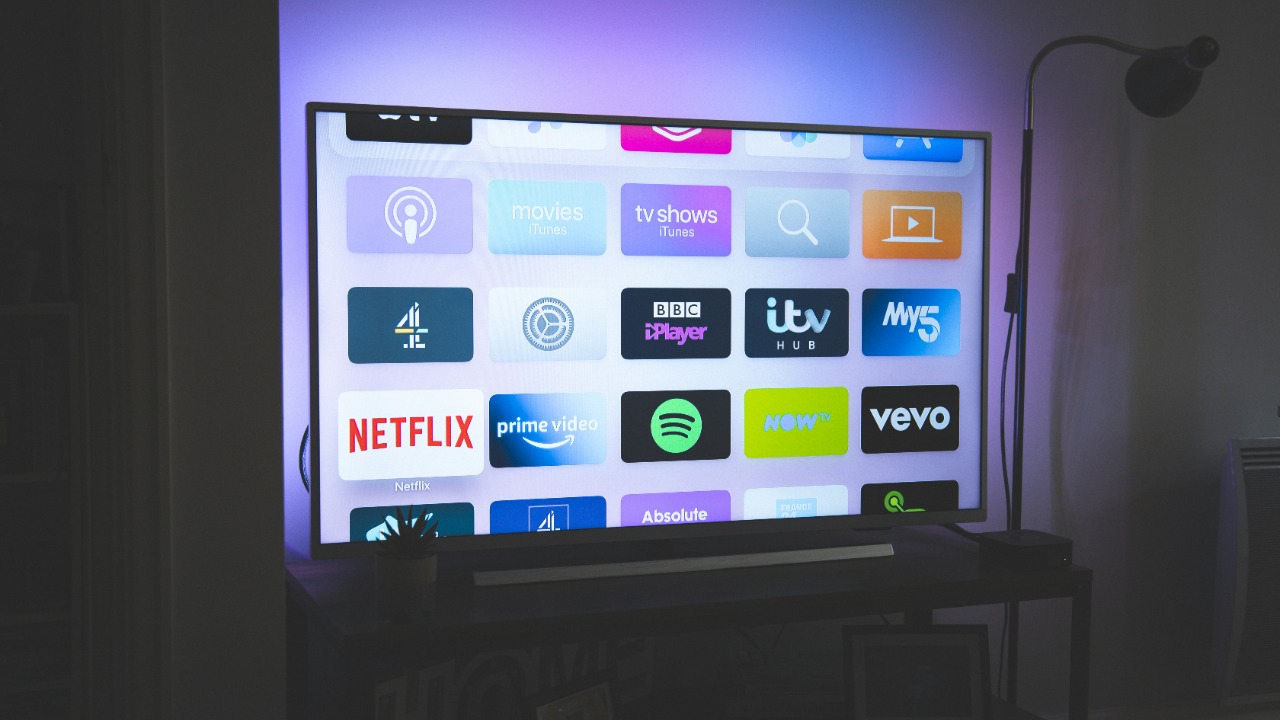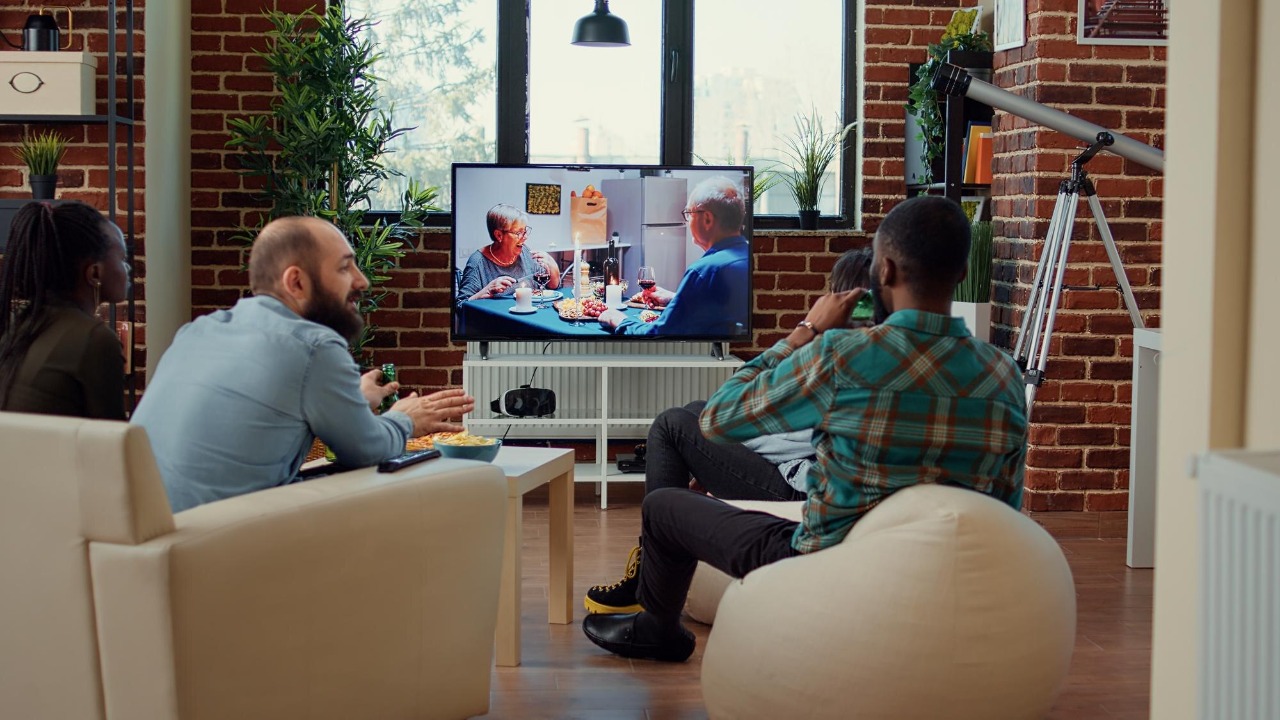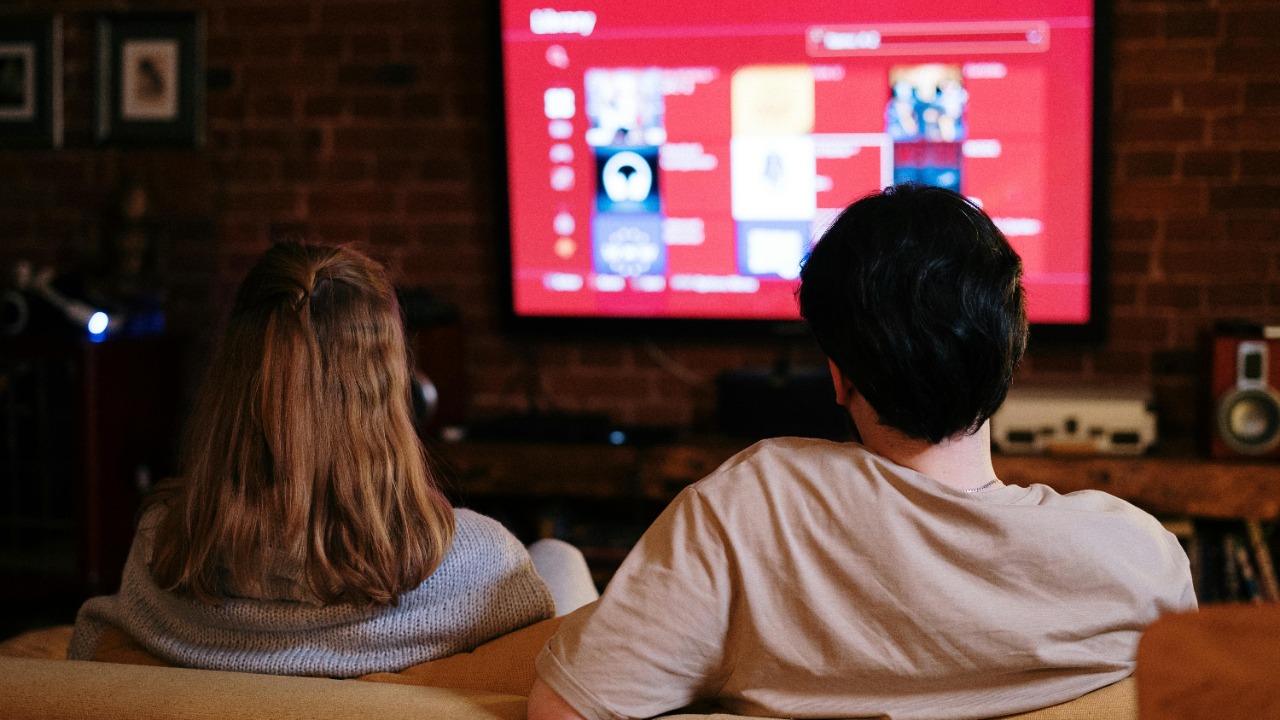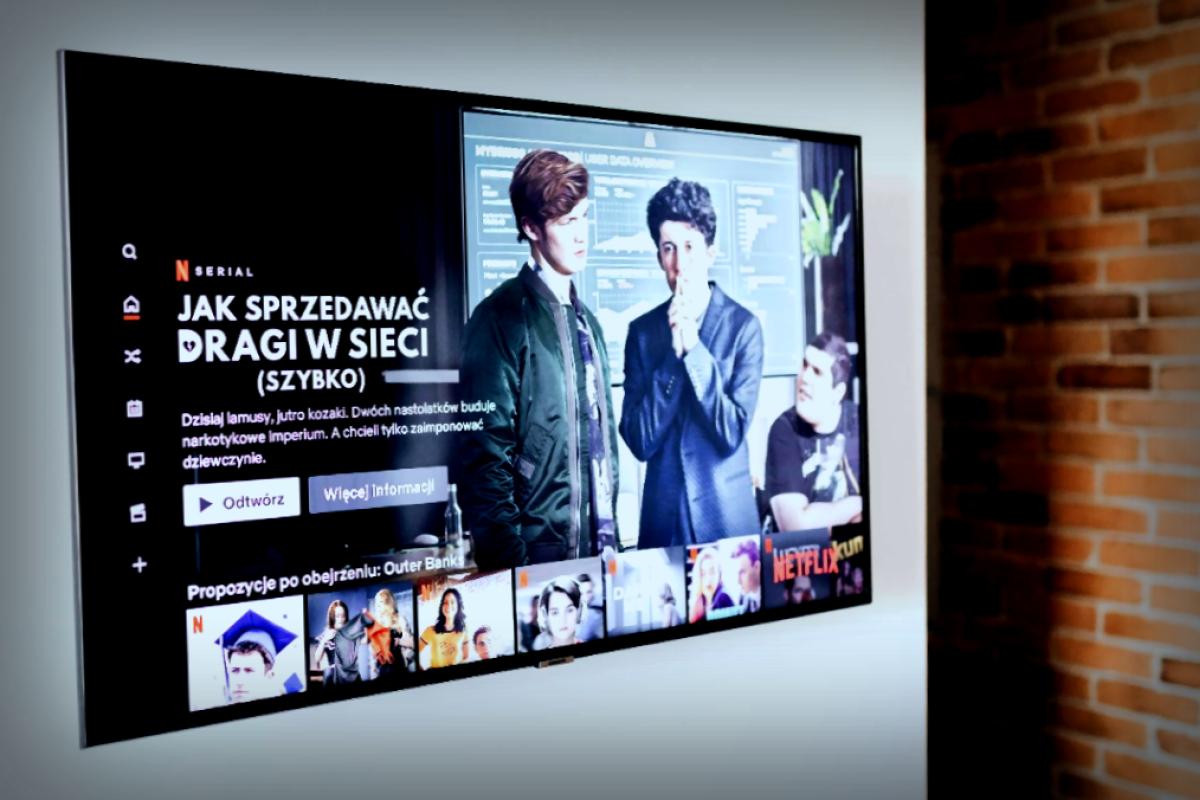With technology changing at lightning speed, issues regarding our privacy and security are popping up more and more. Smart TVs, in particular, have raised a lot of eyebrows because of their ability to potentially eavesdrop. In this article, we’ll dive into how smart TVs operate and discuss the risks that come with them, especially the possibility of recording your conversations—all while offering tips on how to protect your personal space.
The Tech Look Behind Smart TVs

Smart TVs have undergone significant advancements from the time they first hit the market. Nowadays, they come packed with features like voice recognition, making it possible to control your TV hands-free. It seems practical, right? But this kind of technology also raises big questions about our privacy.
The voice recognition technology is designed to listen for specific commands, but here’s the kicker: they might be hearing and recording a lot more than just your commands. You could inadvertently end up having entire conversations recorded—without even realizing it.
Real-Life Cases of Smart TVs and Recording Issues

We’ve seen cases where smart TVs were called out for possibly recording discussions. Remember the uproar back in 2015 when Samsung faced heat? Their privacy policy hinted that their TVs could pick up private information through the voice recognition feature, which left a lot of folks uneasy.
Other brands have also faced scrutiny over similar concerns of recording. Not every allegation has been proven true, but they illustrate a significant gap in privacy and emphasize the need for clarity from the companies involved.
Legal and Moral Concerns

The thought of smart TVs recording private conversations stirs up a whirlwind of legal and ethical problems. In many places, recording conversations without the participants’ consent is against the law. Even where it may not be illegal, the ethical implications are huge.
An ACM study sheds light on these privacy and security issues surrounding high-tech gadgets, highlighting the pressing need for specific regulations to protect consumers better.
How Smart TVs Handle and Share Your Data

So, once your smart TV gathers data, what happens next? Some manufacturers probably use it to enhance their features or ensure that you see personalized content. But here’s where it gets dicey—this data can also be shared with others for targeted marketing.
Certain risks come with sharing personal data, prime among them being potential breaches. As reported by The Guardian, your smart TV might know a great deal about you, which isn’t just valuable to advertisers; it poses quite a threat if leaked.
Keeping Your Privacy Safe from Smart TVs
Here’s some good news: there’s plenty you can do to stop your smart TV from hogging your conversations. One of the simplest ways is to turn off the voice recognition feature. Not as glamorous, sure, but this limits how much you potentially expose.
In addition, consider enhancing your privacy with some straightforward steps—review your privacy settings often, check which apps you allow to gather data, and when your smart TV isn’t in use, disconnect it from the internet. For a more in-depth look at securing your smart TV, check out MakeUseOf.




















